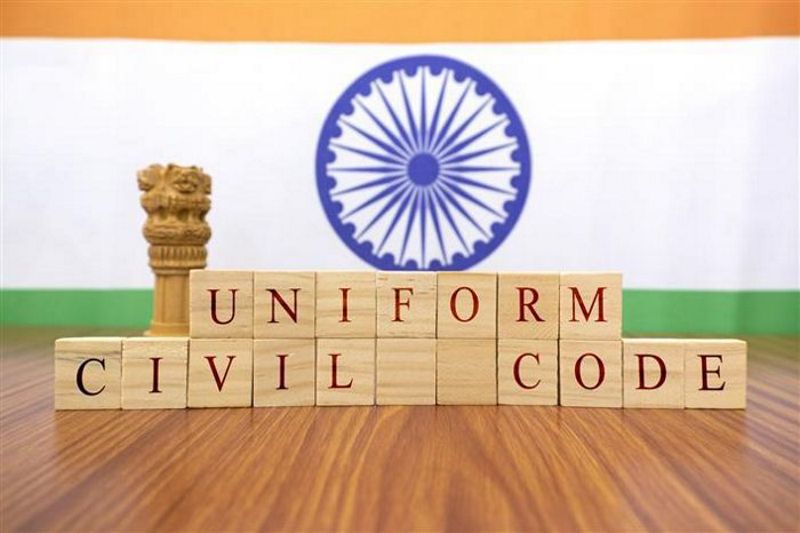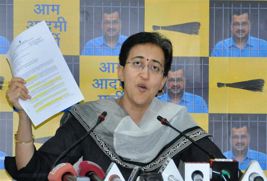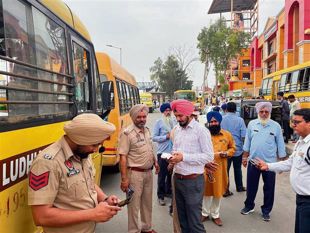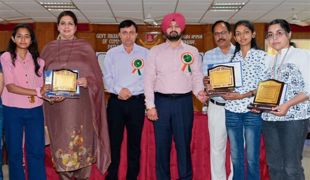
Photo for representation. File photo
Manisha Pandey Tiwari
THE debate on the Uniform Civil Code (UCC) dates back to 1946, when the Constituent Assembly was formed to frame the Constitution of the soon-to-be independent country. Considering the sensitive situation in the country, the Assembly — which had the power to implement the UCC or the Common Civil Code (as it was alternatively termed during the debates) — proceeded cautiously and tried to strike a balance between reform and conservatism.
The Assembly was divided on the issue and it finally chose the option that was most agreed upon, that of including the code in the Directive Principles of State Policy, a non-justiciable segment of the Constitution. It was left to future governments to deliberate and decide upon its full-scale implementation.
Women members of the Assembly wholeheartedly supported the UCC. Renuka Ray believed that the UCC was important to bring social equality by removing the ‘disabilities’ that women suffered in terms of laws. Sucheta Kripalani supported the idea on various platforms. Hansa Mehta and Rajkumari Amrit Kaur, both of whom were also members of the Fundamental Rights Committee of the Assembly, pushed for the passage of the UCC. Nevertheless, the majority of the panel members voted against it.
Hansa observed: ‘We have too many personal laws in this country and these laws are dividing the nation today. It is, therefore, very essential if we want to build up one nation to have one Civil Code.’ She opined that ‘the Indian woman should have the same civil status irrespective of the community to which she belongs.’ Though it was made part of the Directive Principles, Hansa and Amrit wanted that it should have been made a mandatory duty of the State to take necessary action for the UCC’s implementation or else there would be no social progress. Both strongly fought to transfer the clause regarding the code from non-justiciable rights to justiciable rights i.e. from Directive Principles to Fundamental Rights. However, the majority still thought that the matter was outside the ambit of Fundamental Rights.
Even after the majority’s decision, Amrit did not lose hope and had one more suggestion — that the code should be optional, and anyone, of whatever religion, should be at liberty to be governed by it. She said: ‘I am sure that as education spreads, it would become increasingly popular and would in time supersede all other codes. It would save the trouble of reforming laws which have become complex and even the mildest changes in which seem, at the moment, to arouse an almost fanatical opposition. “Religion in danger” is a very potent caveat which scares even seemingly intelligent persons in the same way as the proverbial ghost does children!’
However, despite the best efforts of these women in the Constituent Assembly, the UCC could not see the light of day and is still waiting to be implemented nationwide. It seems to be a Herculean task to build consensus on the matter.
Join Whatsapp Channel of The Tribune for latest updates.



























